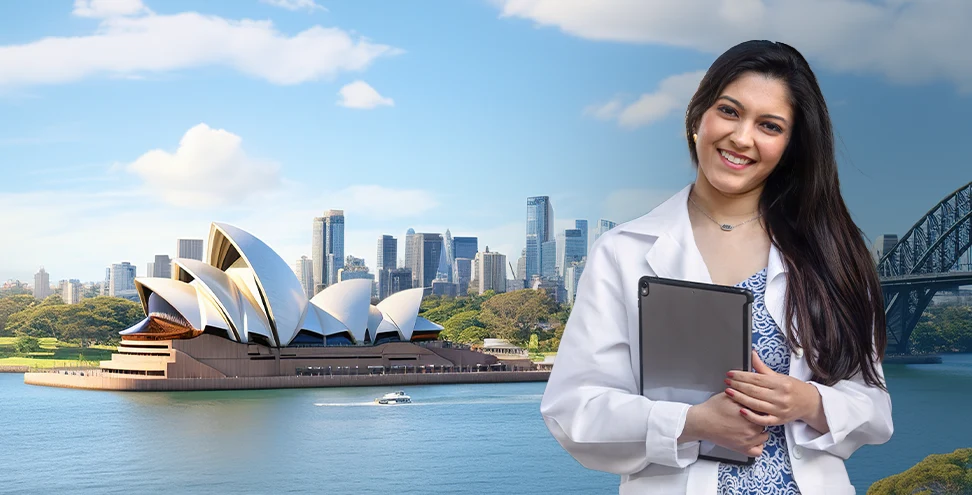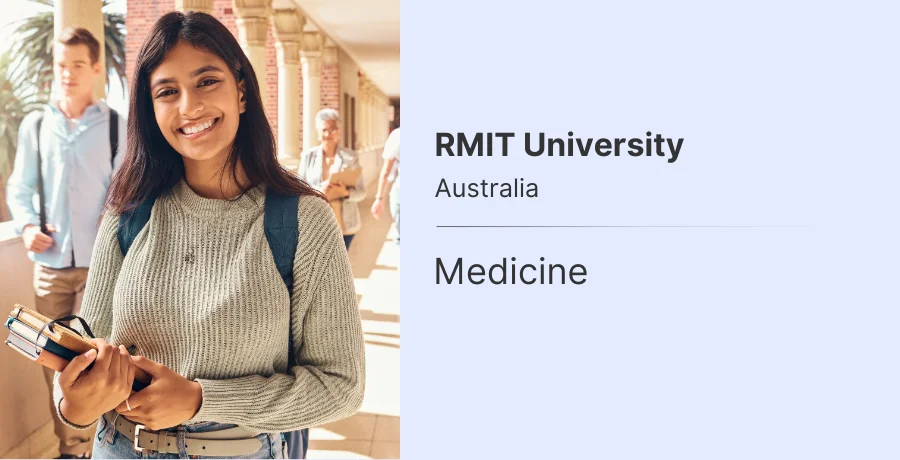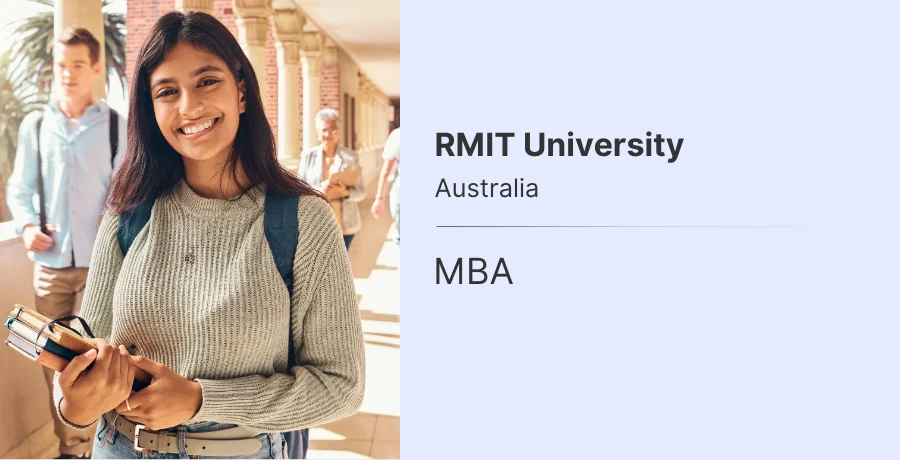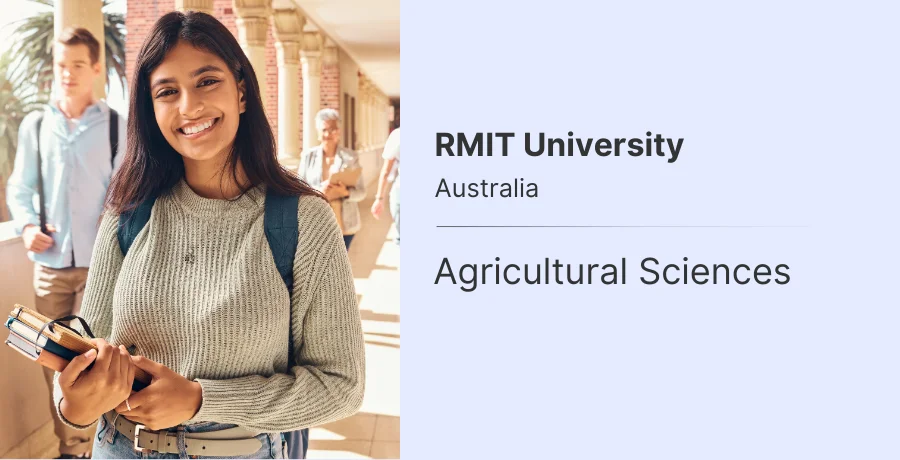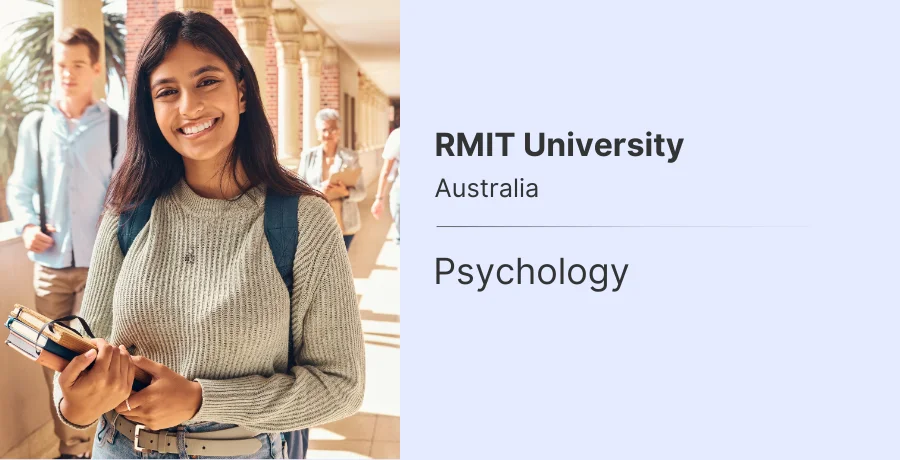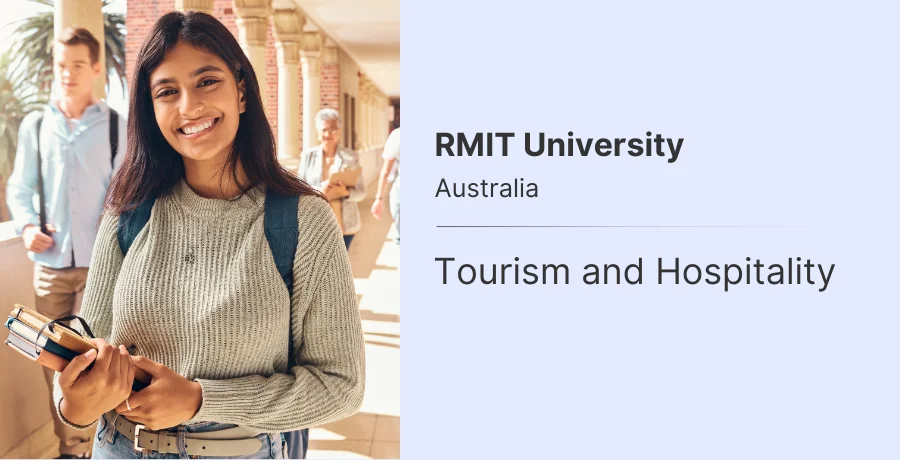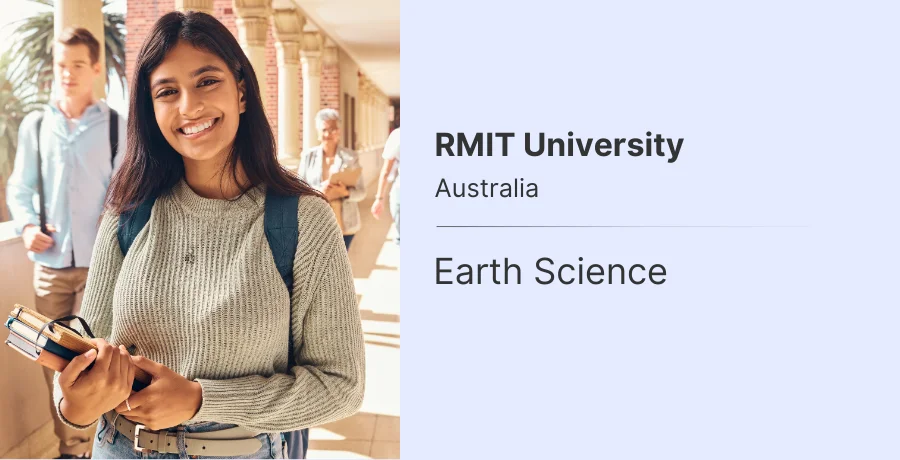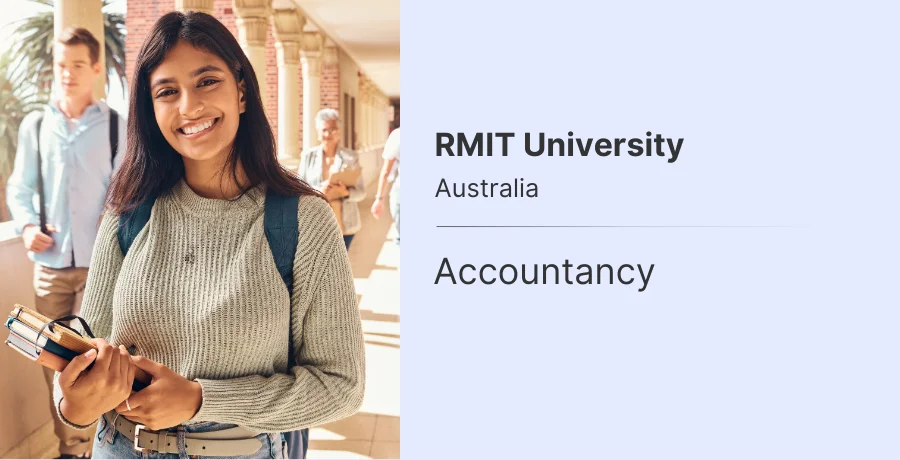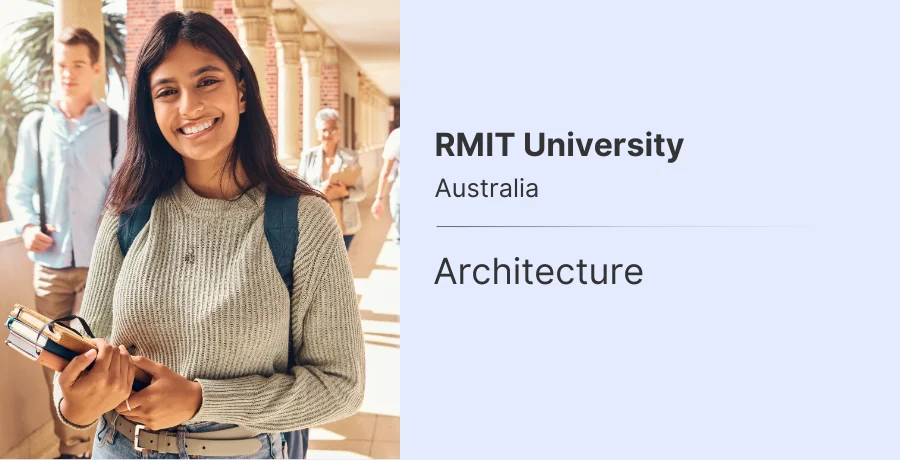Table of Contents
- Psychology at University of Technology Sydney Australia – Highlights
- Why Study Psychology at University of Technology Sydney Australia?
- University of Technology Sydney Psychology Rankings
- University of Technology Sydney Psychology Acceptance Rate
- Popular Psychology Courses at University of Technology Sydney Australia
- Admission Requirements to Psychology at University of Technology Sydney Australia
- Cost of Psychology at University of Technology Sydney Australia for Indian Students
- Schloarships at University of Technology Sydney Australia
- Job Prospects for Psychology at Australia
- FAQs – Psychology at University of Technology Sydney Australia
Psychology at University of Technology Sydney Australia – Highlights
The University of Technology Sydney (UTS) is renowned for its comprehensive psychology program, blending theoretical knowledge with practical experience. Situated in the vibrant city of Sydney, students have access to a dynamic urban environment that complements their academic pursuits. UTS offers state-of-the-art facilities and a curriculum designed to foster critical thinking, research skills, and real-world application.
Studying psychology at UTS provides students with the opportunity to explore various aspects of human behavior, mental processes, and psychological assessment. The city of Sydney, known for its diverse culture and thriving economy, offers numerous internship and job opportunities for psychology students, making it an ideal location for both academic and professional growth.
Why Study Psychology at University of Technology Sydney Australia?
Choosing to study psychology at the University of Technology Sydney offers several unique advantages. The university's strong emphasis on research and innovation ensures that students are always at the forefront of the latest developments in the field. Additionally, the diverse and inclusive campus environment fosters a sense of community and collaboration among students and faculty.
- World-class faculty with extensive experience in psychology.
- Comprehensive curriculum that covers various psychological theories and practices.
- Access to cutting-edge research facilities and resources.
- Strong industry connections for internships and job placements.
University of Technology Sydney Psychology Rankings
| Ranking Organization | Ranking |
|---|---|
| US News and World Report | Top 100 |
| QS World University Rankings | Top 150 |
| THE (Times Higher Education) Ranking | Top 200 |
| ARWU (Academic Ranking of World Universities) | Top 200 |
University of Technology Sydney Psychology Acceptance Rate
- The acceptance rate for the psychology program at UTS is competitive, reflecting its high standards.
- Typically, the acceptance rate ranges between 30% to 40%, depending on the applicant pool each year.
Popular Psychology Courses at University of Technology Sydney Australia
- Bachelor of Psychological Science: This undergraduate program provides a solid foundation in psychological theories and practices, preparing students for various career paths in psychology and related fields.
- Bachelor of Arts in Psychology: A broad-based program that integrates psychological studies with a liberal arts education, fostering critical thinking and analytical skills.
- Master of Clinical Psychology: This postgraduate program focuses on advanced clinical training, preparing students for professional practice in clinical settings.
- Master of Science in Psychology: A research-oriented program that emphasizes the development of scientific skills and knowledge in psychology, suitable for those pursuing academic or research careers.
Admission Requirements to Psychology at University of Technology Sydney Australia
Admission to the psychology program at UTS is competitive and requires meeting specific academic and language proficiency standards.
- Entry Requirements: Applicants must have completed high school with a strong academic record. Additionally, they need to pass the UTS Psychology entrance exam.
- Eligibility Criteria: International students must demonstrate proficiency in English through tests like IELTS or TOEFL. Minimum scores are required for admission.
Applicants must also have completed prerequisite subjects, including mathematics and science, during their high school education. UTS values a well-rounded application, so extracurricular activities and relevant work experience can enhance an applicant's profile.
Documents Required:
- High school transcripts
- English proficiency test scores
- Personal statement
- Letters of recommendation
- Resume or CV (if applicable)
Proficiency Test: UTS requires international students to demonstrate their English language proficiency. Accepted tests include IELTS, TOEFL, and PTE. Minimum score requirements vary, but generally, an IELTS score of 6.5 or equivalent is required.
Visa Process:
- Apply for the student visa (subclass 500).
- Provide evidence of enrollment at UTS.
- Show proof of sufficient financial resources.
- Undergo a health examination (if required).
Cost of Psychology at University of Technology Sydney Australia for Indian Students
Tuition Fees: The annual tuition fee for the psychology program at UTS ranges from AUD 35,000 to AUD 40,000, depending on the specific course and level of study.
Cost of Living: The estimated cost of living in Sydney for international students is approximately AUD 20,000 to AUD 25,000 per year, covering accommodation, food, transportation, and other personal expenses.
| Expense | Cost (AUD) |
|---|---|
| Tuition Fees | 35,000 - 40,000 per year |
| Living Expenses | 20,000 - 25,000 per year |
Schloarships at University of Technology Sydney Australia
UTS offers various scholarships to support international students in their academic journey. These scholarships are merit-based and need-based, helping to reduce the financial burden on students.
- UTS International Undergraduate Full Tuition Scholarship: Covers full tuition fees for high-achieving international students.
- UTS International Postgraduate Coursework Full Tuition Scholarship: Provides full tuition coverage for exceptional postgraduate students.
Job Prospects for Psychology in Australia
Graduates of the psychology program at UTS have a wide range of career opportunities in Australia. The demand for qualified psychologists is high, with opportunities in clinical practice, research, education, and corporate settings.
| Job Title | Average Salary (AUD) |
|---|---|
| Clinical Psychologist | 80,000 - 100,000 |
| School Counselor | 70,000 - 90,000 |
| Research Psychologist | 75,000 - 95,000 |
| Industrial-Organizational Psychologist | 85,000 - 110,000 |
FAQs – Psychology at University of Technology Sydney Australia
- Can I work while studying psychology at UTS?
Yes, international students in Australia can work part-time for up to 20 hours per week during semesters and full-time during breaks. This allows students to gain work experience and support their living expenses.
- What are the advantages of studying psychology at UTS?
Studying psychology at UTS offers access to world-class faculty, cutting-edge research facilities, and strong industry connections. The program's comprehensive curriculum prepares students for diverse career paths.
- What is the average salary for a psychology graduate in Australia?
The average salary for a psychology graduate in Australia ranges from AUD 70,000 to AUD 100,000, depending on the job title and level of experience.
- How long is the psychology program at UTS?
The duration of the undergraduate psychology program at UTS is typically three to four years, while postgraduate programs can range from one to two years.
- Are there any specific exams required for admission to the psychology program at UTS?
Yes, UTS requires applicants to take the UTS Psychology entrance exam. Additionally, international students must demonstrate English language proficiency through tests like IELTS or TOEFL.
- What are the popular psychology courses at University of Technology Sydney Australia?
Popular courses include the Bachelor of Psychological Science, Bachelor of Arts in Psychology, Master of Clinical Psychology, and Master of Science in Psychology.
